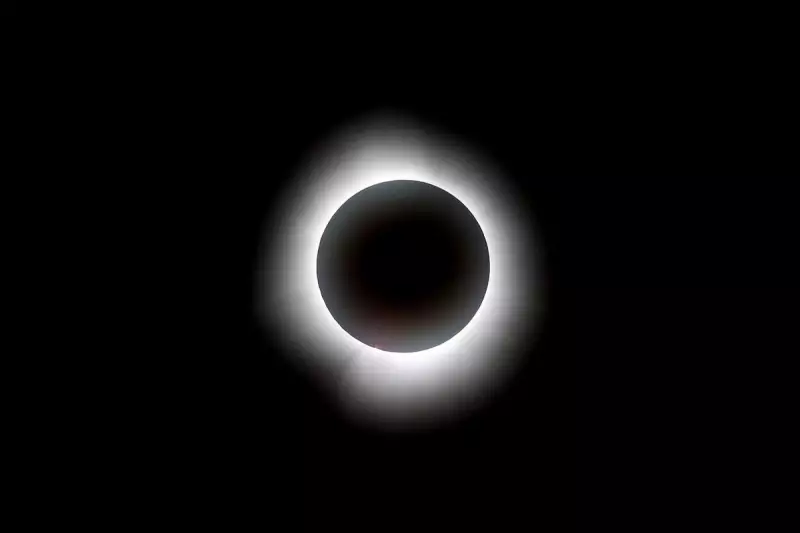
Stargazers and astronomy enthusiasts across the UK are in for a celestial treat this August, as a rare Black Moon is set to grace the night sky. This intriguing astronomical event offers a unique opportunity to witness a fascinating, albeit subtle, quirk of our lunar cycle.
What Exactly Is a Black Moon?
Contrary to its mysterious name, a Black Moon isn't a period of darkness or an eclipse. It's a special type of New Moon phenomenon. During a New Moon, the side of the Moon illuminated by the Sun faces away from Earth, rendering it virtually invisible to the naked eye against the backdrop of space.
The term "Black Moon" refers to one of two things happening this month: it is both the third New Moon in a season that has four New Moons, and it is also the second New Moon within a single calendar month—a rare double qualification that makes this event particularly noteworthy.
When and How to See the Black Moon from the UK
Mark your calendars for Monday, August 19th, 2024. The Moon will officially reach its New phase at approximately 13:26 BST. However, because it will be completely absent from the sky, the best way to "observe" it is to appreciate the exceptionally dark skies it provides.
This lack of moonlight creates perfect conditions for astronomers. With the lunar glare gone, the cosmos truly opens up.
- Ideal for Deep-Sky Viewing: The dark sky is a gift for those wanting to observe faint deep-sky objects like galaxies, star clusters, and nebulae.
- Prime Conditions for Astrophotography: The absence of moonlight reduces light pollution, allowing for stunningly clear photographs of the Milky Way and other celestial wonders.
Why This Black Moon is a Rare Occurrence
Such is the peculiar nature of our calendars that Black Moons are relatively infrequent, typically occurring roughly every 29 to 33 months. Their timing is a complex dance between the lunar cycle (about 29.5 days) and our calendar months (30 or 31 days). This misalignment is what occasionally allows two New Moons to squeeze into a single month, with the second earning the "Black Moon" moniker.
While it may not be a visually spectacular event like a Supermoon or a Blood Moon, the Black Moon is a fascinating talking point and a fantastic reminder of the rhythmic, predictable, yet often overlooked cycles of our nearest celestial neighbour.





